Acuant joins Microsoft to enable seamless identity verification on Azure AD
Acuant’s My Digital ID relieves users from repeatedly sharing sensitive information
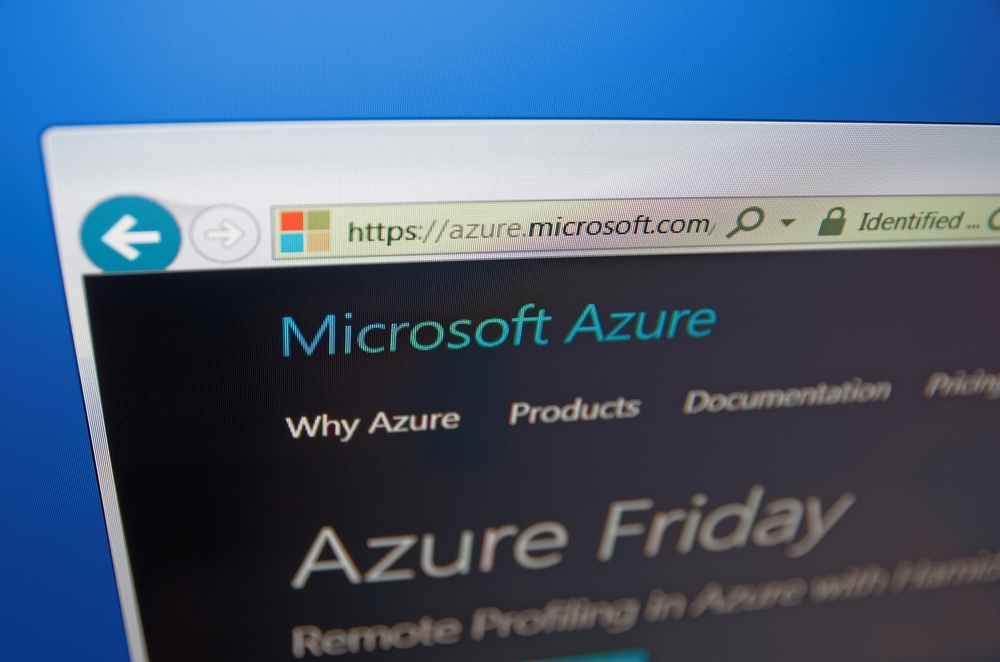
Acuant, a global digital identity solutions provider, announced that it’s partnering with Microsoft to secure information exchange on Azure Active Directory (AD).
Azure AD Verifiable Credentials enables Azure AD customers to easily design and issue verifiable credentials to represent proof of employment, education, and more.
RELATED RESOURCE
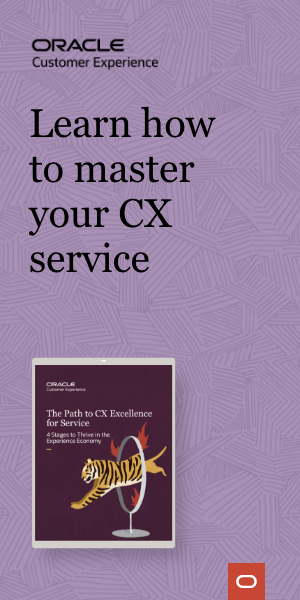
The path to CX excellence for B2B services
The four stages to thrive in the experience economy
Each credential is signed using cryptographic keys associated with the decentralized Identifiers (DID) that users own and control. According to Microsoft, only credential holders decide when and with whom to share their credentials, even when organizations issue them.
As part of their partnership, Microsoft will leverage Acuant’s My Digital ID solution to add an extra layer of security to its latest Azure Active Directory.
My Digital ID enables organizations to verify various attributes, including identity documents, biometrics, and identity data. The platform also provides single sign-on, multi-factor authentication, and conditional access to protect users against cyber attacks.
My Digital ID’s other notable benefits in Azure AD include a universal platform for verifying employment, eligibility, and digital identification; easy integration with identity verification partners; self-service enrollment and account recovery; and secure access to apps.
“We know the world is going digital-fast, and we need technology that can establish trust wherever consumers want to transact,” said Yossi Zekri, president and CEO of Acuant.
Get the ITPro daily newsletter
Sign up today and you will receive a free copy of our Future Focus 2025 report - the leading guidance on AI, cybersecurity and other IT challenges as per 700+ senior executives
“We are thrilled to collaborate with Microsoft and contribute to bringing an open standards approach for verifiable credentials to the masses, putting them in control of their data.”
Sue Bohn, partner director of program management in the identity division of Microsoft said, “Verifiable credentials will revolutionize the way we grant access to information.”
“Organizations will be able to verify identity information quickly with solutions like Acuant’s My Digital ID, while individuals will be able to own and control their credentials.”
-
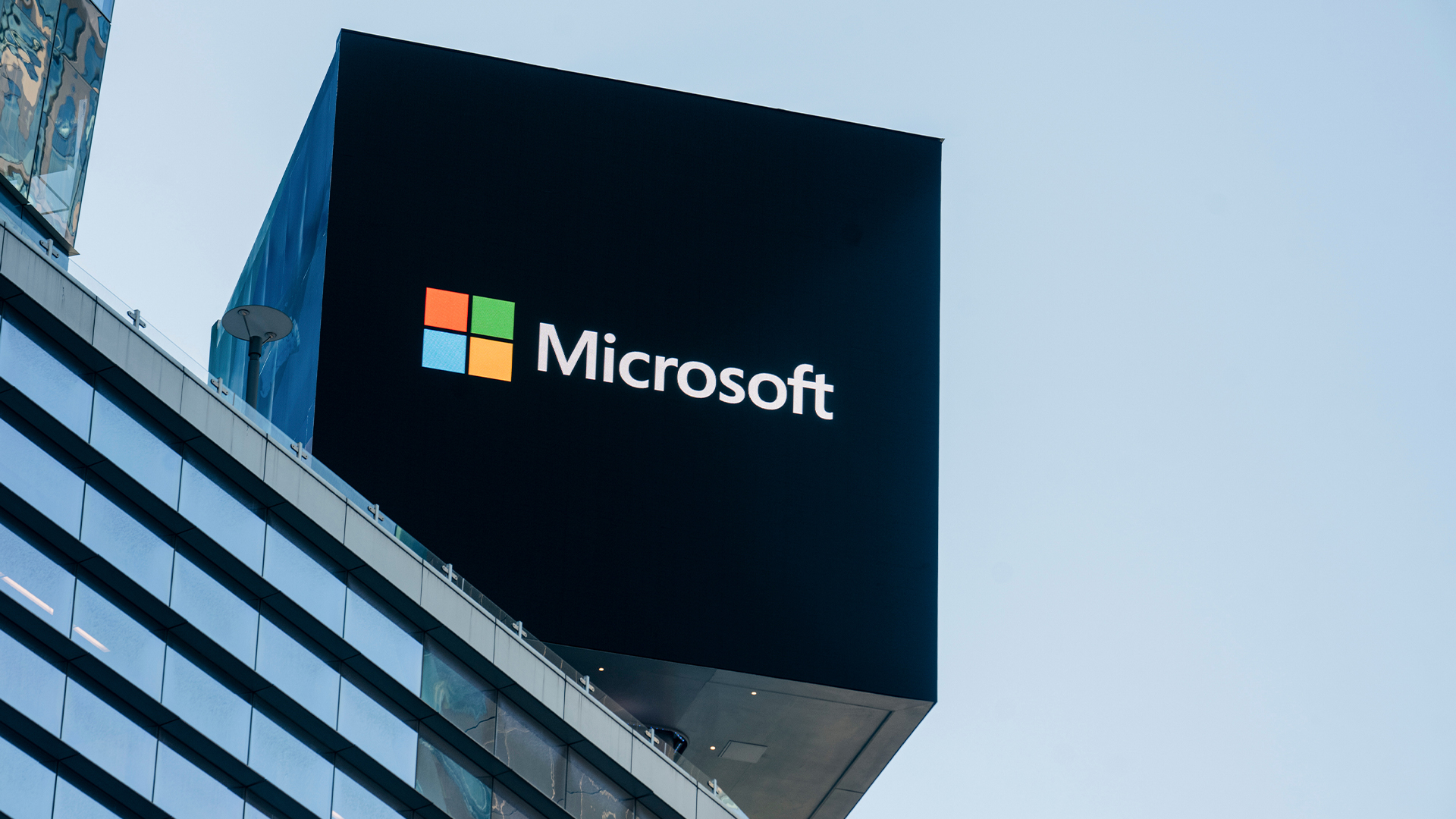 Microsoft is ending support for the Remote Desktop app – here are three alternatives you can try instead
Microsoft is ending support for the Remote Desktop app – here are three alternatives you can try insteadNews Microsoft has announced plans to end support for its Remote Desktop application in just over two months.
By George Fitzmaurice
-
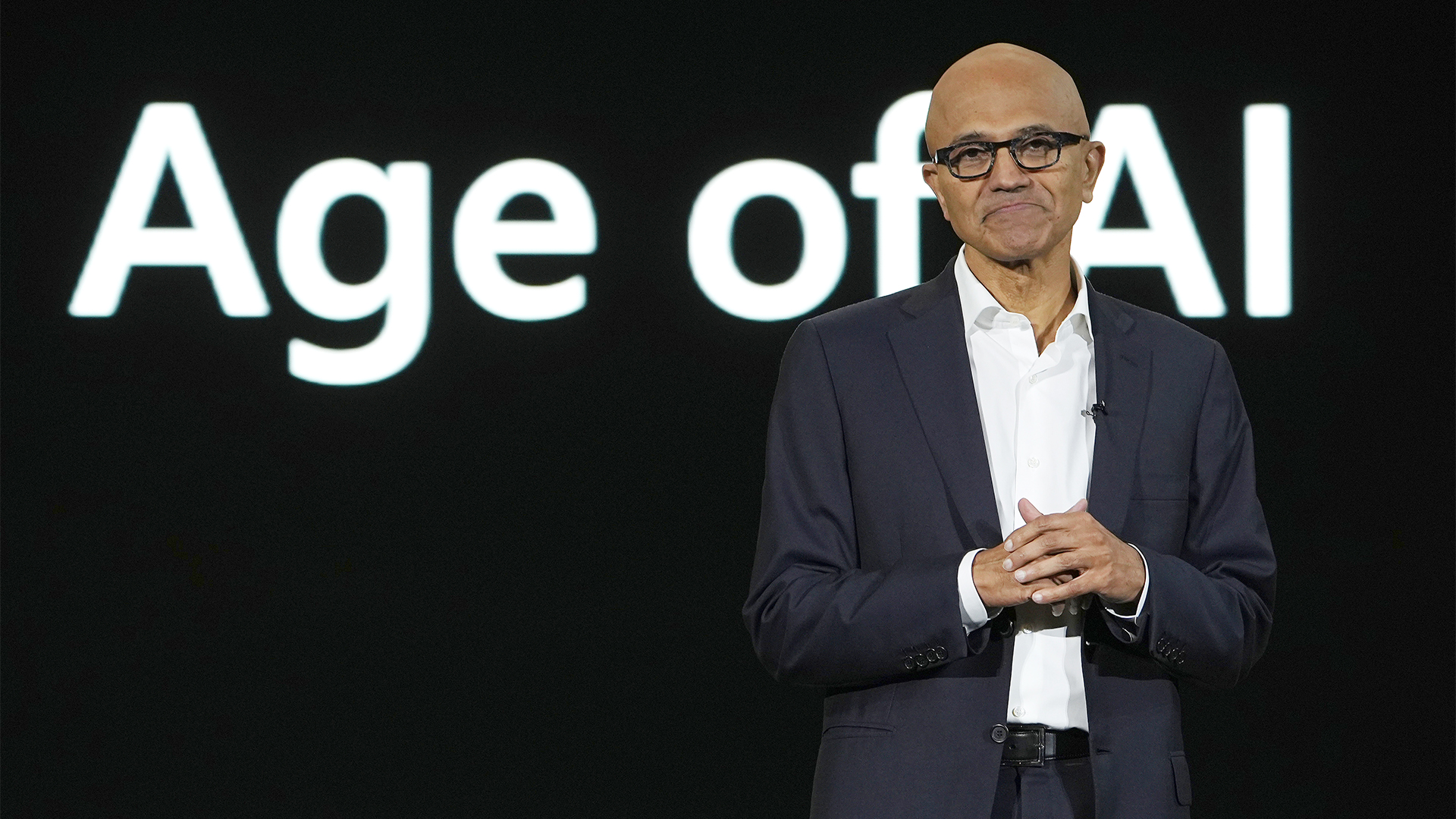 Microsoft's huge AI spending has investors worried – now the company is changing its financial reporting to highlight successes
Microsoft's huge AI spending has investors worried – now the company is changing its financial reporting to highlight successesNews The move comes as investors want more evidence that Microsoft’s AI investment will pay off
By Nicole Kobie
-
 Could Python in Excel be a boon for cryptocurrency miners?
Could Python in Excel be a boon for cryptocurrency miners?Opinion Free Python compute resource on offer via Microsoft 365 beta preview – what could possibly go wrong?
By Richard Speed
-
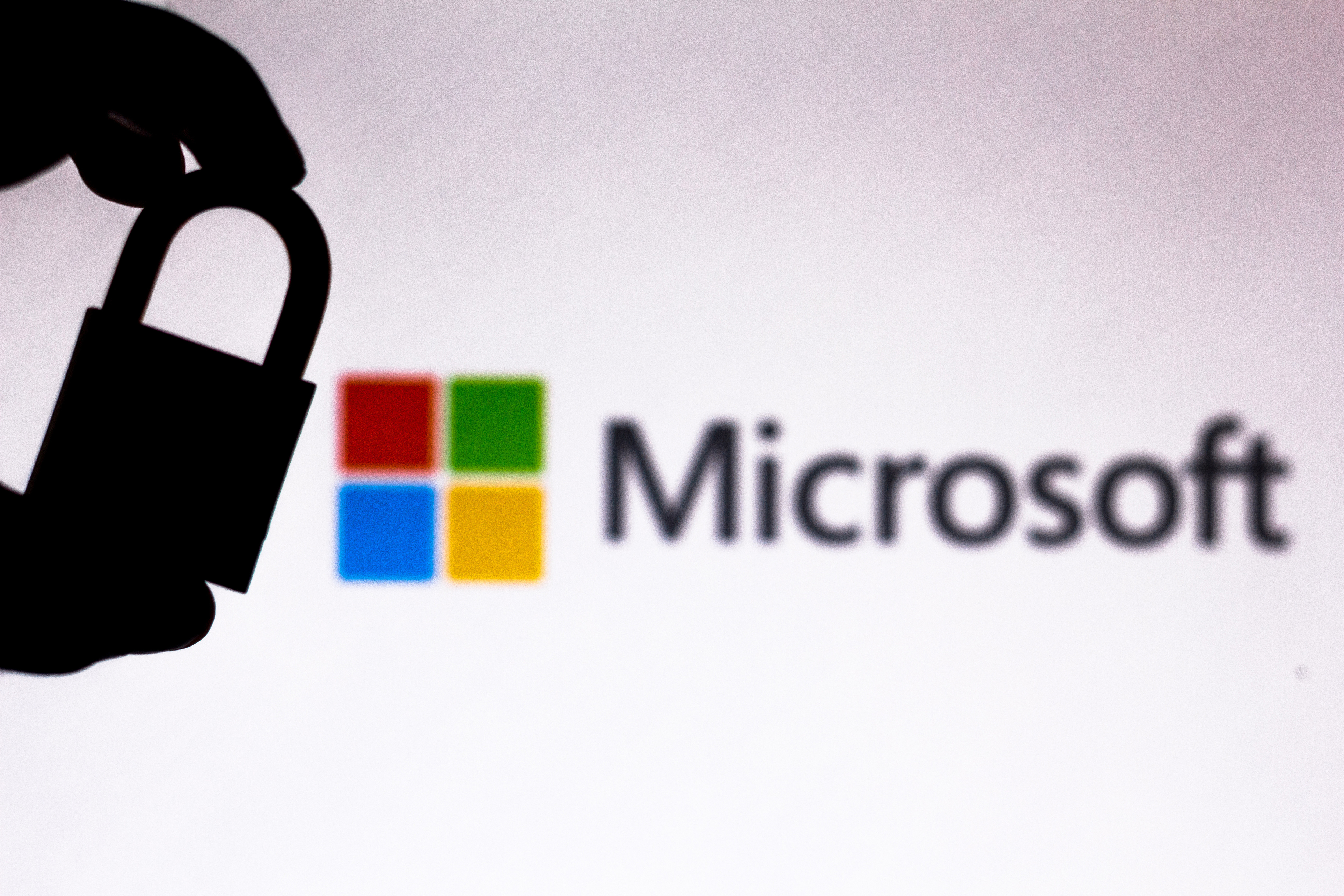 Microsoft defends “negligent” security approach that prolonged vulnerability fix for five months
Microsoft defends “negligent” security approach that prolonged vulnerability fix for five monthsNews The tech giant has refuted claims that its practices have left customers “in the dark”
By Ross Kelly
-
 Microsoft Build 2023: Microsoft Fabric and oodles of Azure AI integrations announced
Microsoft Build 2023: Microsoft Fabric and oodles of Azure AI integrations announcedNews Microsoft Fabric aims to greatly improve developer productivity and simplify real-time analytics
By Ross Kelly
-
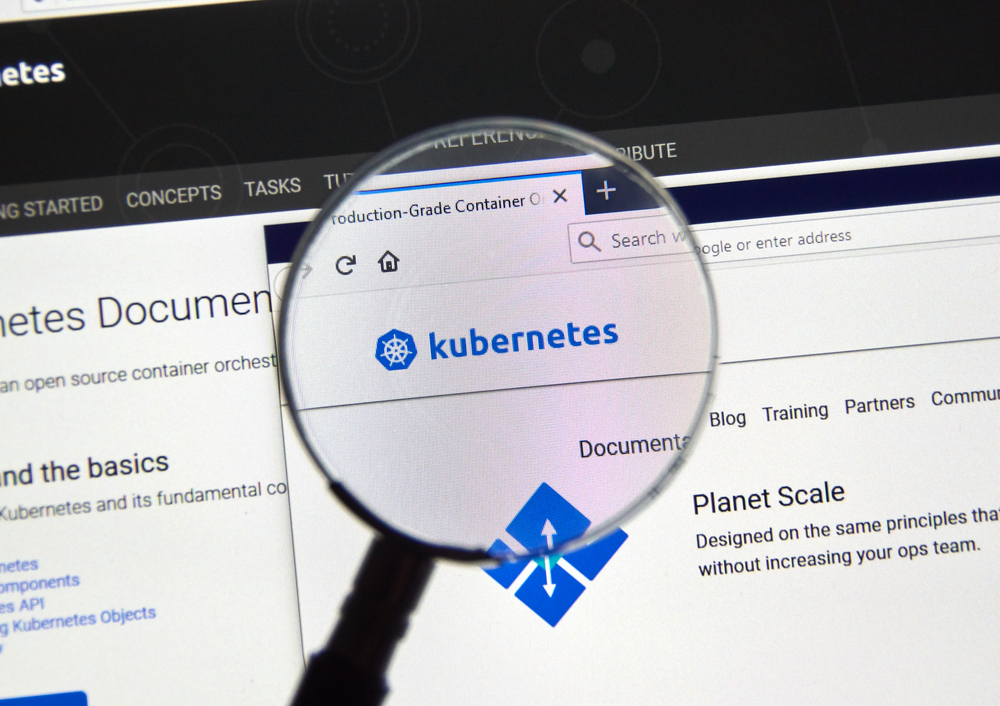 Five ways to reduce Kubernetes costs
Five ways to reduce Kubernetes costsTutorials With cutting expenditure a business imperative, there are several ways enterprises can reduce Kubernetes costs
By Ross Kelly
-
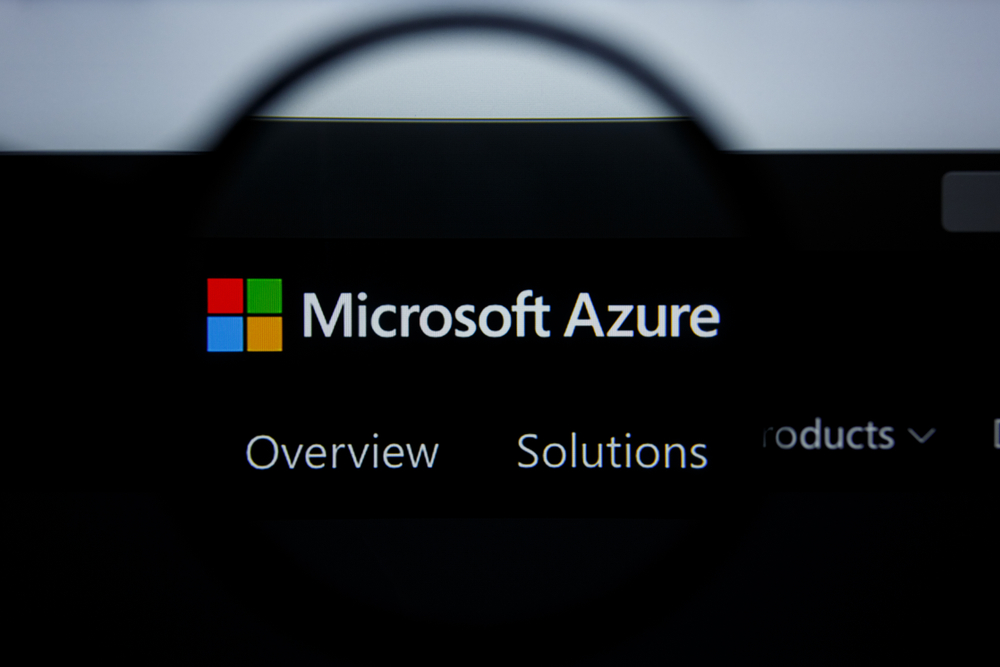 Azure spending notifications for customers unavailable until March, Microsoft warns
Azure spending notifications for customers unavailable until March, Microsoft warnsNews Customers have been advised to manually monitor Azure usage and costs until a fix is implemented
By Ross Kelly
-
 Microsoft cloud revenue still sky-high as device sales continue to slide
Microsoft cloud revenue still sky-high as device sales continue to slideNews The company's latest earnings call revealed that Azure cloud products delivered better-than-expected results while numbers in other divisions fell substantially
By Ross Kelly

